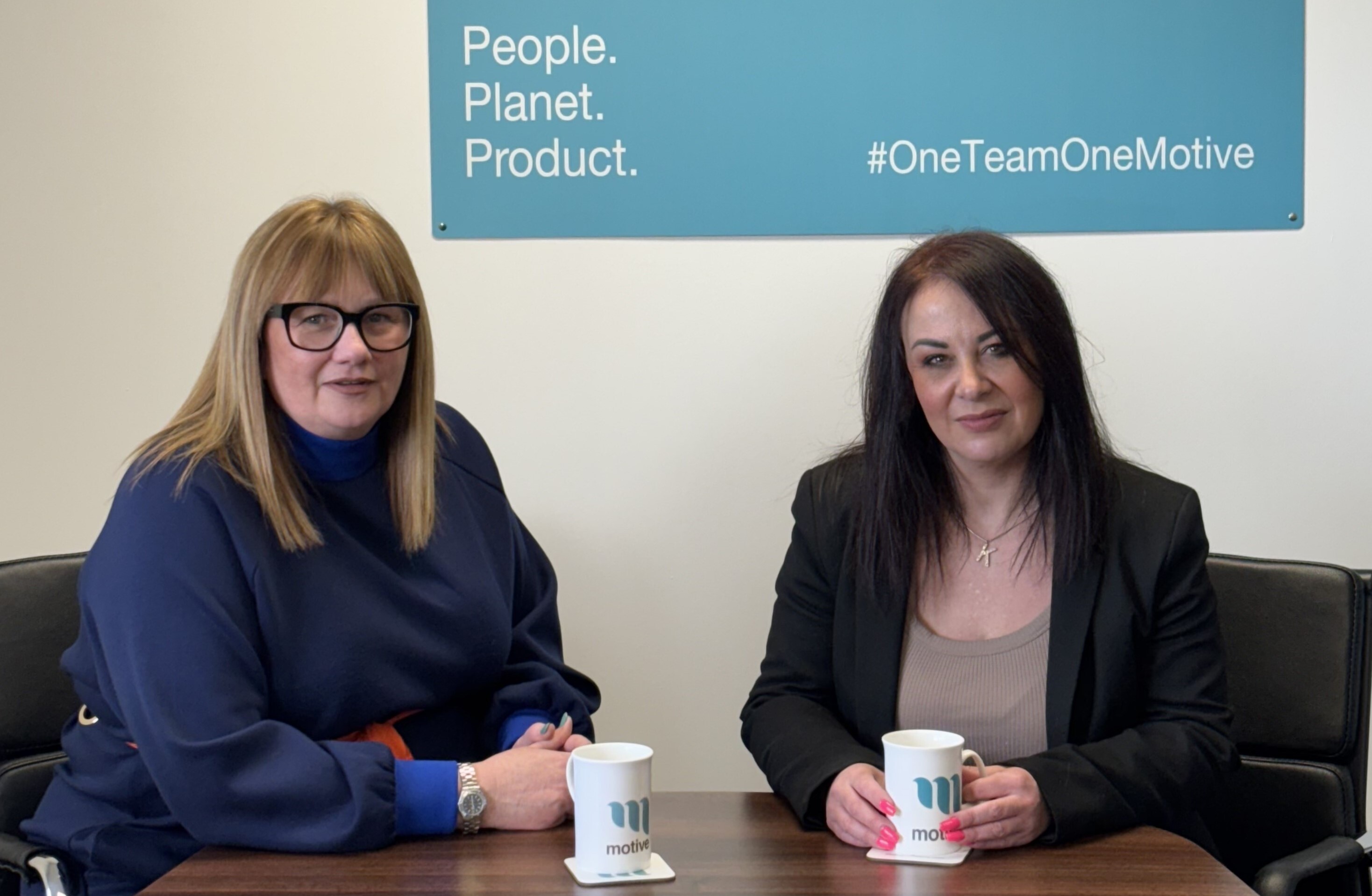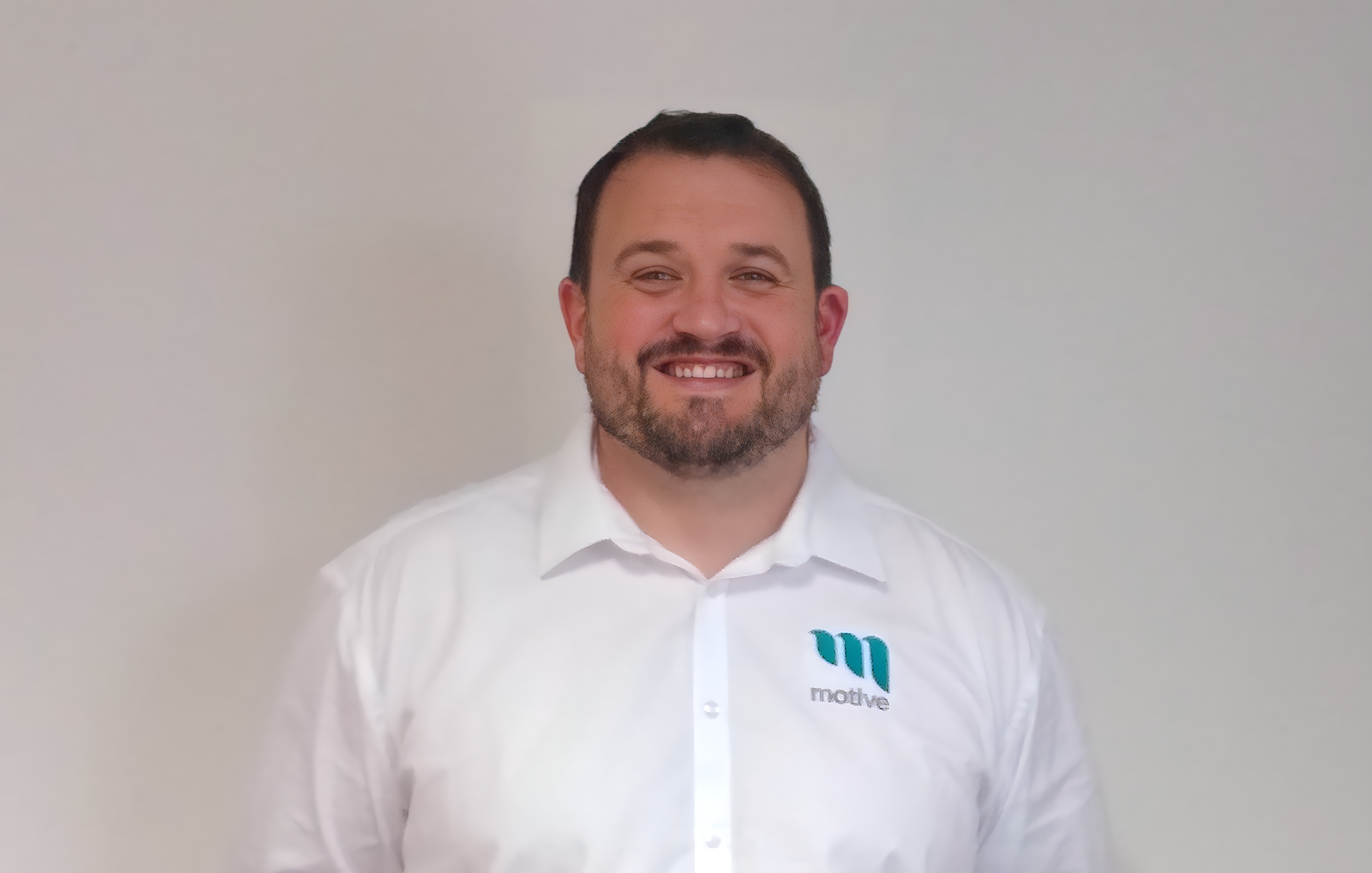
Mental Health at work: Putting People first
06 FEBRUARY 2025
It’s easy to talk about “putting people first” and “prioritising mental health”, but what does this actually look like in a workplace striving to deliver meaningful initiatives to protect and promote mental health?
In an ‘always on’ world, where people can find themselves spending more time in work than at home, it is true to say work contributes significantly to how we feel each day. Likewise, circumstances at home cannot automatically switch off when we arrive at work, meaning the two are very much intertwined.
Mental health struggles can seriously compromise individual performance, affecting concentration, focus, and decision-making ability, all of which impacts workplace productivity and safety.
For people experiencing mental health issues, having a supportive workplace can contribute to recovery by providing social interaction, sense of purpose, and a space to share. This highlights why robust mental health support at work can no longer be considered a ‘nice to have’, but rather a duty of care, just as essential as the physical safety of the workforce.
So how can workplaces do more?
Ahead of Time to Talk day 2025, we caught up with three of Motive’s Mental Health First Aider team – HSEQ & People Director Kerry Scott, HR Team Lead Clair Petrie, and Technical Sales Manager Ben Gray, to discuss creating and sustaining a genuine people-first culture, and how companies need to go beyond surface-level to deliver worthy support for a resilient workforce.

Pictured L-R: Clair Petrie - Kerry Scott
Kerry joined Motive in 2016 and has watched the company flourish, experiencing significant headcount growth to over 340 employees across the world today:
Motive was quick in its early days to implement tools to actively support mental health in the workplace.
Reflecting on this journey, Kerry continued:
Motive has also partnered with local charity Men United, whose ‘Don’t Man Up, Speak Up’ campaign has been instrumental in helping us tackle the stigma associated with mental health. Their messaging aligns perfectly with Motive’s goal of normalising conversations about mental health and creating a culture where speaking up is seen as a strength, not a weakness.
Joining Motive in March 2024, Clair Petrie heads up the HR team. With a long background in recruitment, employee engagement, and employee relations, Clair has seen firsthand the impact of the multiple stressors faced in today’s world, a digital age of constant connectivity, presenteeism and “always-on” culture.
Mental Health UK’s 2025 burnout report revealed 91% of UK adults reported experiencing high or extreme levels of pressure or stress last year, along with a 4% rise in the likelihood of younger generations (up to 44) saying they had needed to take time off through poor mental health.
Clair commented:
Ben Gray has been with Motive since 2021 and as soon as he heard about the Mental Health First Aider Team wanted to be a part of it.
A huge advocate for mental health support, Ben is very clear that initiatives by any company should be proactive and have substance.

Pictured: Ben Gray
We asked why he chose to become a Motive Mental Health First Aider:
What does becoming a Mental Health First Aider involve?
Our UK team all attend a 2 day workshop-based course “Mental Health First Aid in the Workplace (Level 3) helping them learn how to identify and support mental health issues in the workplace.
The important thing to note about being a Mental Health First Aider (MHFA) is that you are there as an empathetic ear, not to solve the problem. What you can do is actively listen, and signpost people to accessing appropriate help. Great Mental Health First Aider attributes include empathy, resilience, being approachable, and the ability to genuinely listen. People aren’t necessarily looking to the first aider for answers - they just need to get it all out, often feeling better having shared their problem and talked through whatever is weighing on their mind.
Ben adds:
Kerry: What would you say to any organisations starting out, who may feel overwhelmed with how to implement mental health support?
We’d like to thank all our Global Mental Health First Aider Team who give up their time and provide phenomenal support across the Motive Offshore Group. If you are an employee reading this, please know this resource is in complete confidence and there is always someone available to talk to – see inhouse posters for details.
This Time to Talk day we urge everyone to take a minute to speak with a colleague - it can turn a bad day into a good one - and join the pledge to be more open about mental health.
